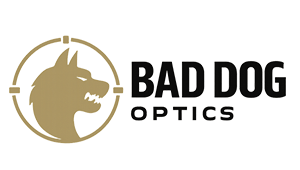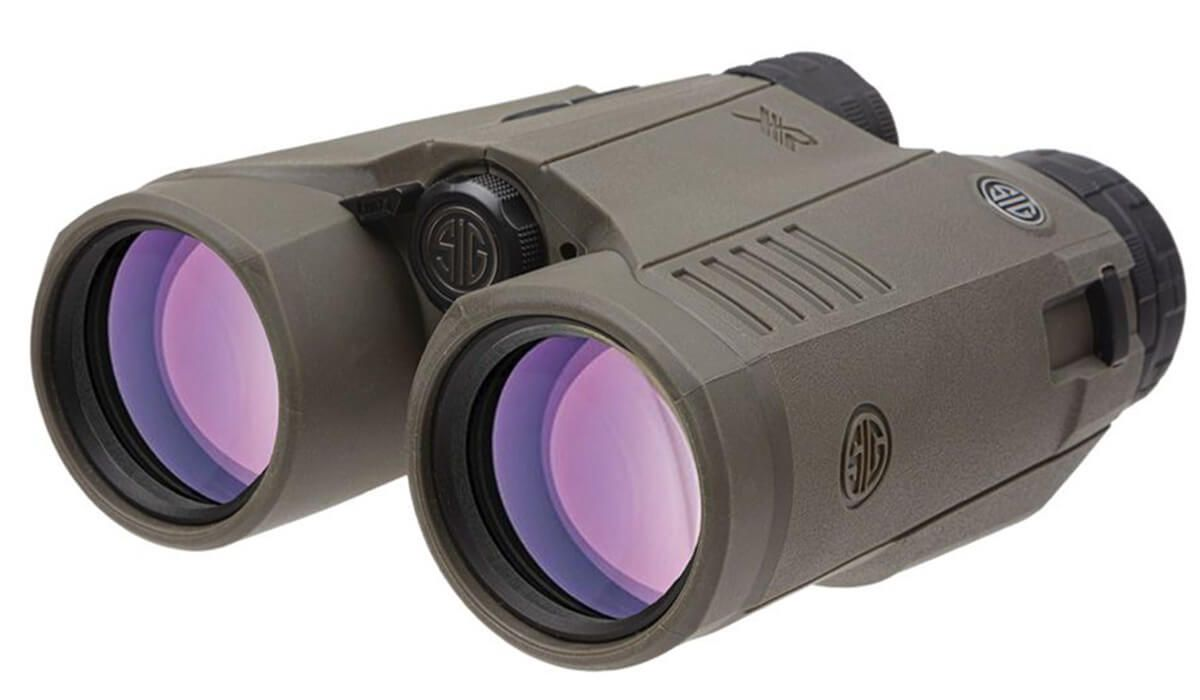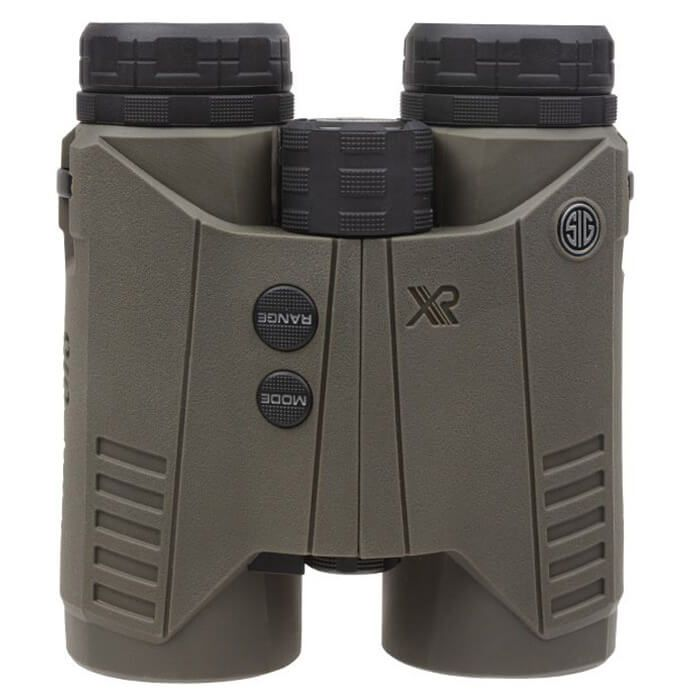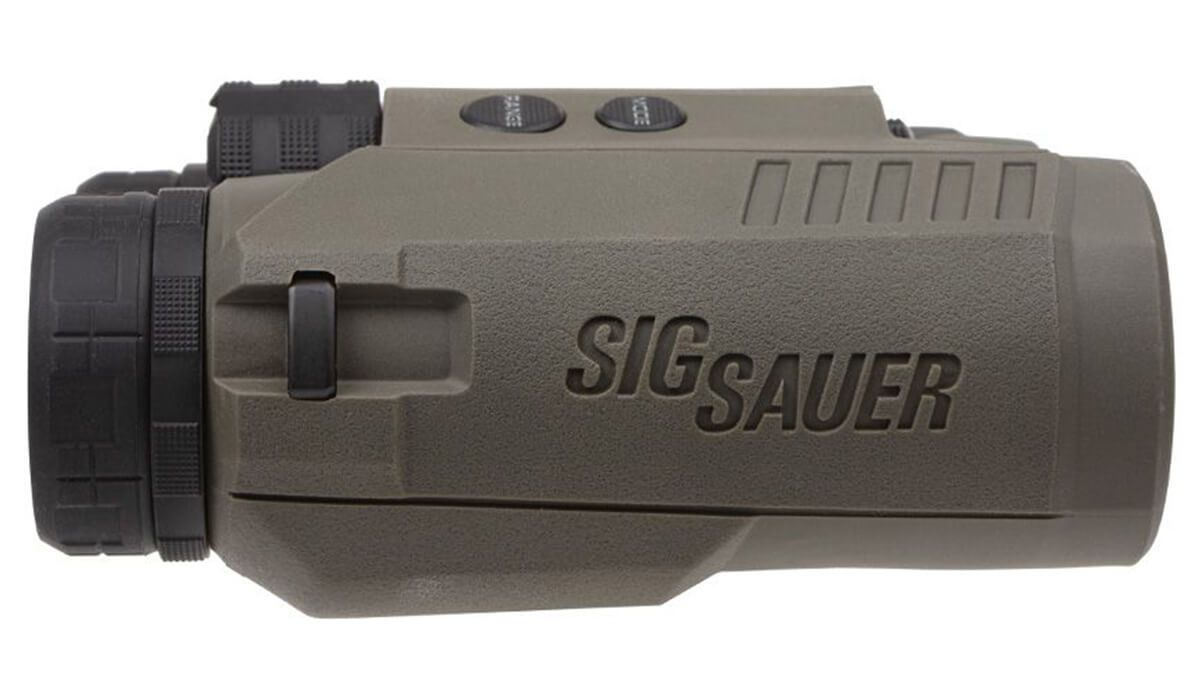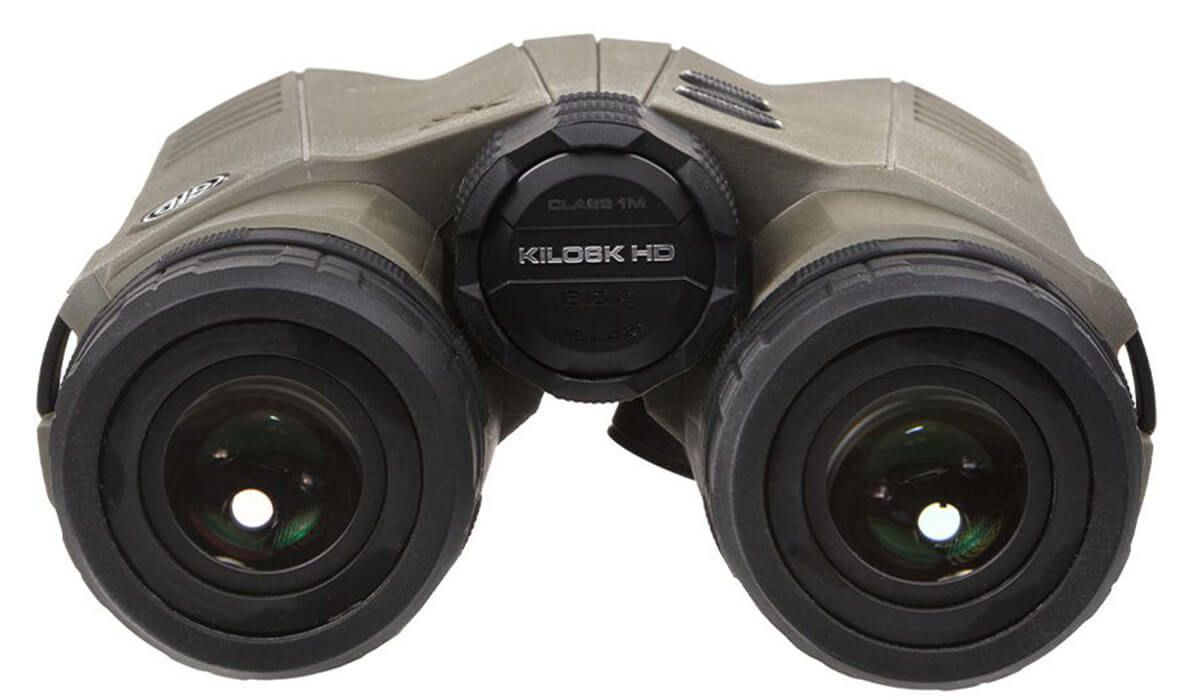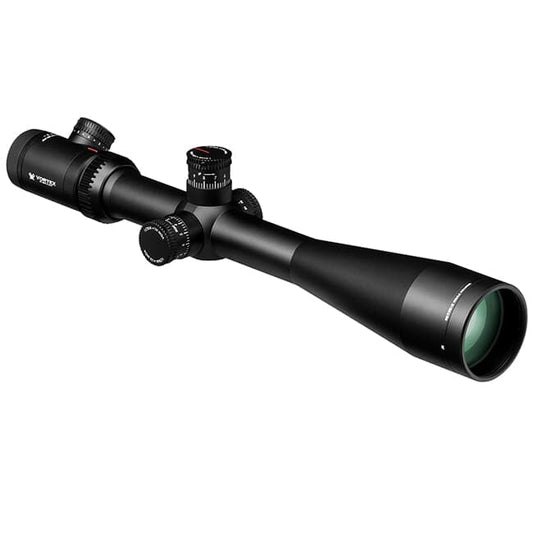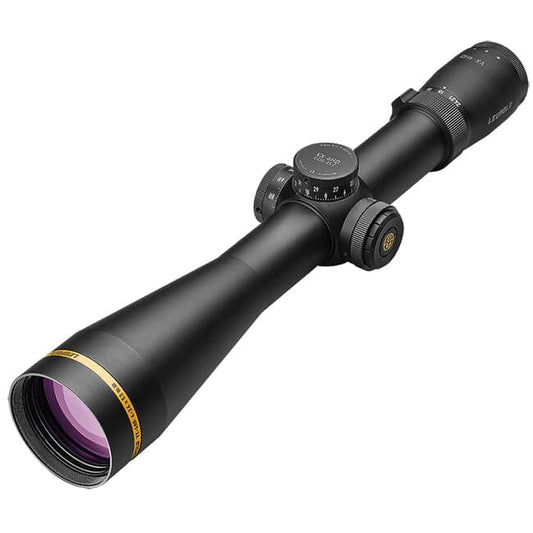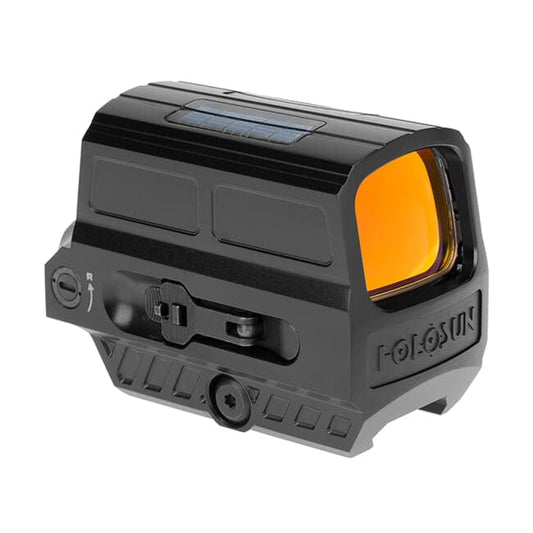

Sig Sauer KILO6K HD 10x42 Laser Rangefinder Binoculars are engineered for precision in the field, making them ideal for wildlife observation and long-range shooting. With a remarkable maximum range of 6000 yards, these binoculars incorporate advanced onboard sensors for real-time ballistic calculations, ensuring accurate measurements and target acquisition. Weighing just 1.8 pounds, their lightweight magnesium construction provides durability without sacrificing comfort during prolonged use.
Designed with an intuitive OLED display, KILO6K HD presents clear range and ballistic solution readouts, allowing users to focus on their target with ease. BDX 2.0 compatibility enhances functionality by syncing with your rifle scope for effortless ballistic adjustments. The combination of rugged weatherproofing and low-light capabilities makes these binoculars a reliable choice for outdoor enthusiasts.
Key Features:
- ADVANCED BALLISTICS: Onboard environmental sensors for real-time ballistic calculations, enhancing accuracy.
- MULTIPLE TARGET MODES: Provides five modes—First, Best, Last, Fog, and Extended Range—for versatile shooting scenarios.
- VERSATILE RANGE MODES: Includes five range modes to adapt to various environmental conditions.
- BDX 2.0 INTEGRATION: Bluetooth synchronization with BDX riflescopes for automatic holdover dot adjustments.
- SUPERIOR SCAN TECHNOLOGY: HyperScan functionality delivers up to four updates per second in scan mode for quick readings.
- COMPREHENSIVE DATABASE: Features Applied Ballistics Ultralite with an extensive bullet database for precise calculations.
- USER-FRIENDLY INTERFACE: Crisp OLED display provides clear range and ballistic data for easy reading.
- DURABLE AND RELIABLE: IPX-7 rated for water resistance, ensuring performance in adverse weather conditions.
Technical Specifications Table
| Specification | Detail |
|---|---|
| Dimensions | 5.7" x 5" x 2.5" |
| Eye Relief | 18mm |
| Field of View | 6.1° |
| Max Range | 6000 yards for reflective targets |
| Objective Diameter | 42mm |
| Measurement Units | Yards |
| Battery Type | x1 CR2 |
| Product Type | Binoculars, Laser Rangefinder, Rangefinding Binocular |
What’s in the Box?
- Sig Sauer KILO6K HD 10x42 Laser Rangefinding Binocular (SOK6K105)
- CR2 battery
- Carrying case
- Neck strap
- Lens cover
- Lens cloth
- User manual
Customer Reviews
“Absolutely love these binoculars! The clarity is unmatched, and the rangefinding feature is a game changer.”
“Lightweight and easy to use. Perfect for my hunting trips!”
“The BDX integration is seamless and incredibly useful for long-range shooting.”
FAQ
How does the rangefinding feature work?
The KILO6K HD utilizes advanced laser technology for precise distance measurement, adapting to various conditions with multiple target modes.
Can I use this binocular with my current rifle scope?
Yes, these binoculars are compatible with BDX-equipped rifle scopes, allowing for easy synchronization and enhanced accuracy.
Similar Models
Explore more from Sig Sauer, including the Sig Sauer ZULU5 10x42 for exceptional clarity and the Sig Sauer KILO8000 BDX for extended range capabilities. Check out our complete collection to find the perfect optics for your outdoor adventures.
You May Also Like
Here’s some of our most similar products people are buying. Click to discover trending style.
